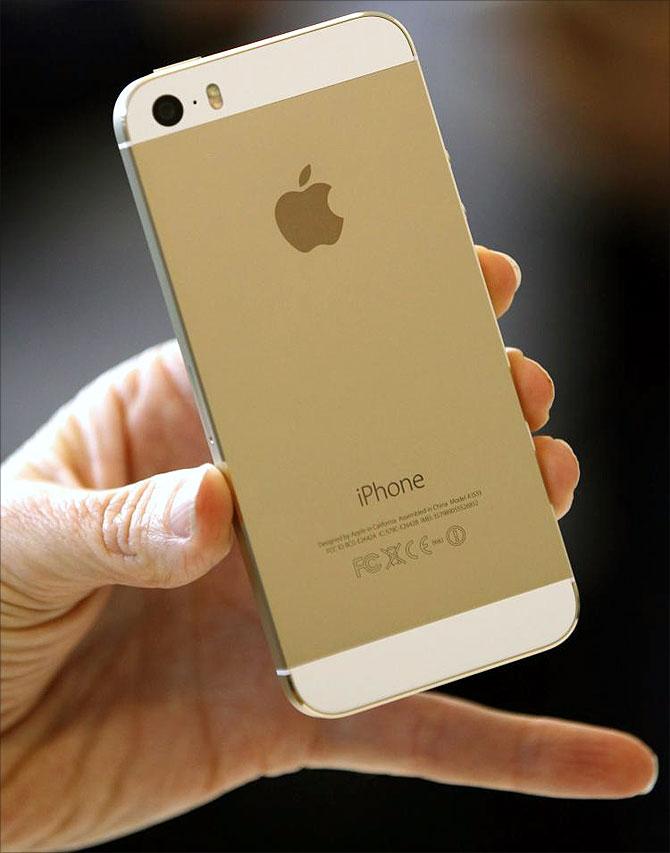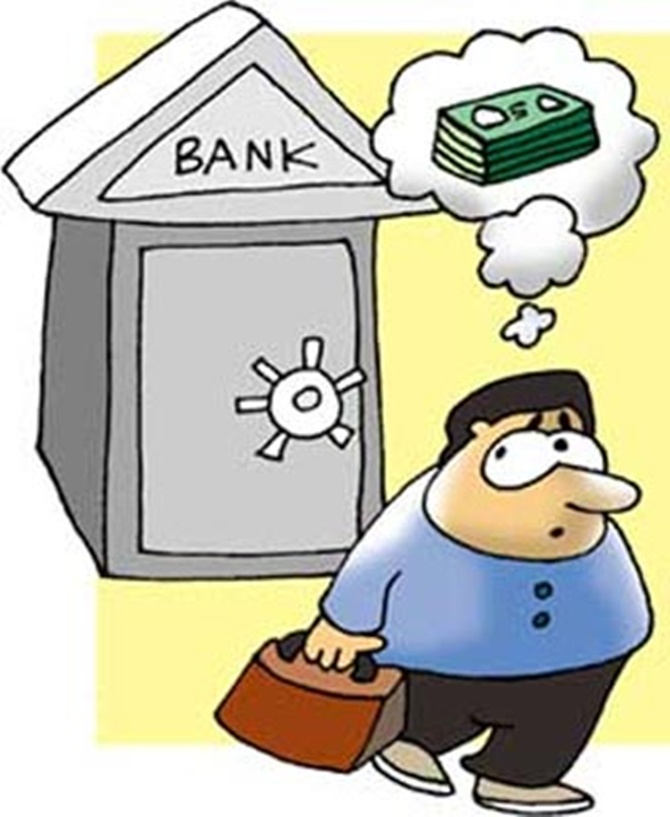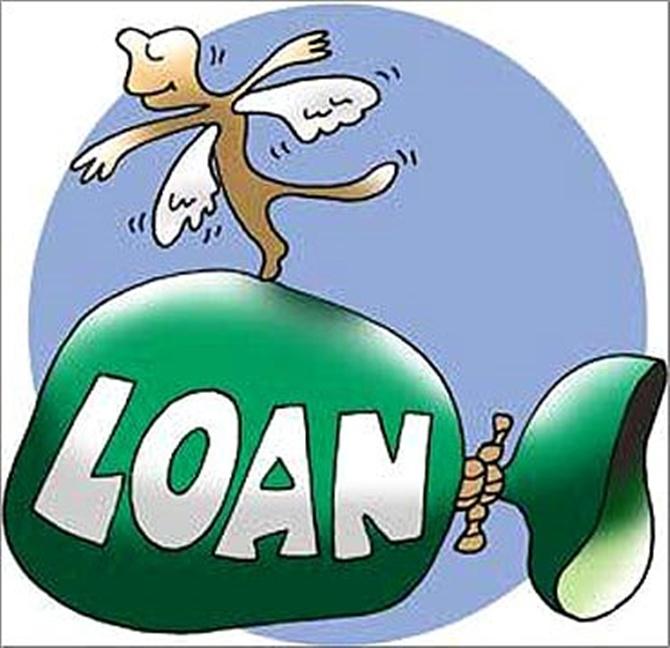
The apex bank is taking away the 'psychological hook' that schemes with zero interest have on consumers.
Want to buy an iPhone or the latest television? Forget the zero-interest scheme.
With the Reserve Bank of India (RBI) saying banks should no longer lure customers through zero-interest schemes and ought to declare the real interest rate on consumer durables, there is likely to be more transparency in the way you are charged.
A zero per cent interest scheme, typically, works in this way.
Whether you are buying through a non-banking financial institution or credit card, the repayment period is six or nine or 12 equal instalments.
On the day of purchasing, you have to pay three or four instalments as advance and the rest over time. The catch: There is a one-time administrative and processing fee.
…

Do this simple test to calculate the extra payout: Ask the dealer for the cash discount you will get if you were to purchase the same good.
The discount will most likely be around five per cent. So, for a product of Rs 48,000, it will translate into savings of Rs 2,400.
Two, the processing fees, say, Rs 1,000. For a 12-month loan, if three instalments are being paid in advance, the actual loan is Rs 36,000 for only nine months. Your loss: Rs 3,400 (processing fee plus cash discount loss). The rate of interest is 12.6 per cent.
…

Says Harsh Roongta, CEO, Apnapaisa.com, “The idea of buying something that is interest-free makes consumers take irrational decisions. Now, he will buy it if he needs it. Otherwise, he does not need to do so.”
Also, if the consumer durable company wants to lure the customer, it will do so by selling it at the same discount or a smaller discount that was being offered by selling through such schemes.
If you are planning to buy a car, RBI’s move will benefit you the most. Banks offer car loan rates of 10-12 per cent to the dealer.
The dealer, in turn, has the window to charge an additional rate of three-five per cent. In other words, the rate of interest initially offered to you is a good 15-17 per cent.
…

If you can haggle well, the dealer will reduce the rate of interest. But industry players say most dealers end up making a good two-three per cent on these.
“If implemented properly, these guidelines will tell the buyer the ‘interest rate window’ the dealer has been given to play with. Accordingly, he can go to the dealer with the best rate or negotiate a better deal,” said a banker.
A good negotiator can bring down his equated monthly instalment by a good 10-15 per cent.
Even personal loan sellers have two-three per cent interest to play around with.
…

As the RBI circular says: “We had observed certain disquieting features…to be impinging on customer protection, accounting integrity and thereby the fair market practices which banks should epitomise.”
The banking regulator has reacted by giving strict instructions to banks.
This will help you know the real rate of interest instead of commissions or benefits being packaged with it.
As a buyer, it is now upon you to seek clarity from the sellers on how much are charging.